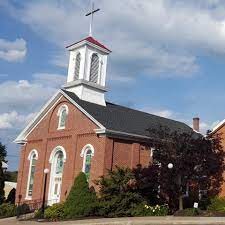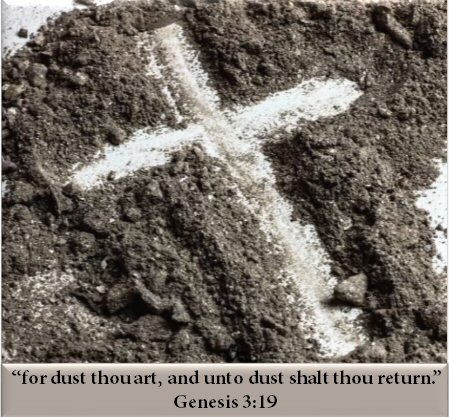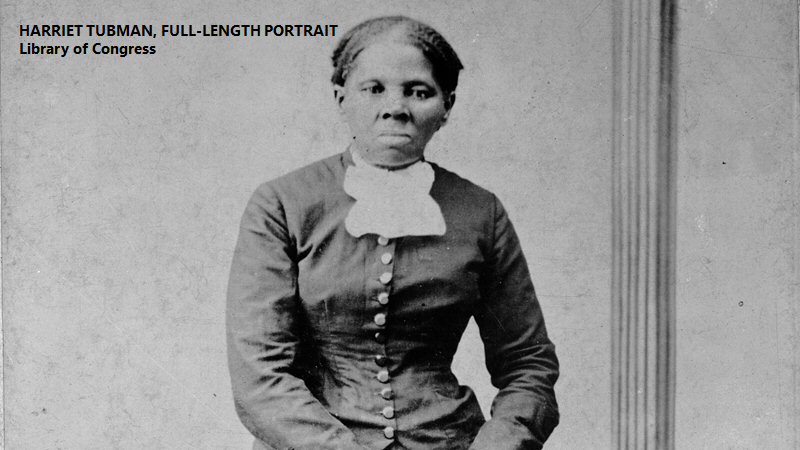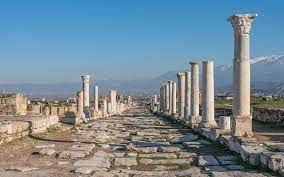African Methodist Episcopal Zion Church

Introduction
The African Methodist Episcopal Zion Church is a Methodist denomination. It was founded in 1796 by black members of the Methodist Episcopal Church in New York City as The John Street Methodist Church. It has been organized as a national body since 1821 and is a member of the National Council of Churches.
The African Methodist Episcopal Zion Church has a general conference which is the supreme administrative body of the church along with the Board of Bishops. They operate the Livingstone College which is located in Salisbury, North Carolina. Their roots are traced to the Methodist revival movement that was started in England by John Wesley. The African Methodist Episcopal Zion Church came from the denomination of the Methodist Episcopal Church. They have considered merging with the Christian Methodist Episcopal Church who wants to change the name to Christian Methodist Episcopal Zion Church. This merger is delayed because the African Methodist Episcopal Zion Church insist upon having “African” in the name.
The African Methodist Episcopal Zion Church is not the same as the African Methodist Episcopal Church even though the doctrine and practices are similar. The African Methodist Episcopal Zion Church has played a critical role in providing a sacred burial space for the people of African descent in New York City, New York. It secured space in the Potter’s Field located in what is now Washington Square Park and in the village of Seneca, New York.
History
Freedom Church
The African Methodist Episcopal Zion church plays a critical role for the cultural, as well as the political life of the African American Community. Known as The Freedom Church during the Civil war and the slavery period of history, they provided a system of activists that provided places of safety for escaping slaves searching for freedom. The Underground Railroad is affiliated with the Freedom Church and there were many famous and influential people involved with this church and its movement to include Harriet Tubman, Frederick Douglass, and the Reverend Jermain Wesley Loguen.
Fighting slavery
The first church of the African Methodist Episcopal Zion church was formed because of discrimination as many black parishioners were being forced to leave the worship service. The first church was called Zion and was built in 1800 and was part of the Methodist church, even though the congregations still remained separate. The ministers were white Episcopalian, even though the growing church congregation was mostly black.
John Wesley was against the evils of slavery; his teachings helped to attract converts among the slaves and free people of color. The prejudices among white supporters against black people increased the tension. In November of 1787 there was an attempt by a white elder to relegate a segregated seating section for the black Methodists in the Philadelphia’s St. George’s Methodist Church. Richard Allen, who was a free slave and a charismatic lay preacher, was one of only two black preachers present. Richard Allen began preaching in this newly formed Methodist church where he was licensed as a preacher and began preaching at separate services to the black members of St. George. He brought in more black members than the church building could hold. Richard Allen and his followers refused to sit in the newly built segregated seating. They started praying at the altar rail. They suffered abuse and discrimination at the hands of the white members, and the white trustees removed them. Richard Allan led this flock out of the church and in 1794 they organized their own congregation, with Bishop Asbury himself preaching the first sermon.
Reverend Richard Allen
Richard Allen was ordained by the Bishop as the Methodist Episcopal Church’s first black deacon. In 1816, Richard Allen and his followers founded a church called Bethel, an African Methodist Episcopal Church (A.M.E.), the first independent, black-run Protestant denomination with Richard Allen as its bishop. The African Methodist Episcopal Zion Church adheres to the same governmental and doctrinal structure as the Methodist church.
The Reverend Richard Allen was born into slavery and converted to Methodism around the age of 17. Richard Allen was called to preach. His owner allowed Richard and his brother to join a Methodist class meeting, led by Delaware farmer John Gray. The master of Richard Allen allowed interracial religious gatherings on his property and was converted to Methodism by his slave. The slave owner arranged for the Allen brothers to buy their freedom.
Richard Allen had an incredible career preaching the gospel. Allen worked as a teamster hauling supplies for the army of General Washington, and preached the gospel along his route. He became a popular preacher in the Mid-Atlantic States after the Revolutionary war. Because of the restrictions placed on blacks in the South during the Civil War, it was impossible for the new African Methodist Episcopal faith to grow there. The gospel was spread in 1830 Richard Allen started preaching in the Mid Atlantic States and the West and became a visible advocate of emancipation.
Frederick Douglas
Frederick Douglass, who was a famous abolitionist, began as a Sexton, then Class Leader, Clerk, Exhorter and finally Preacher of the AME Zion Church in New Bedford, Massachusetts. He was a brilliant writer, speaker and eventually leader in the Underground Railroad. During the Civil War the African Methodist Episcopal Zion Church aided newly freed slaves and the church began to grow southward. The African Methodist Episcopal Zion church expanded into Indiana when newly freed slaves moved into the state. A small congregation began in Indianapolis in 1872 and was named for Bishop Jones of Kentucky.
George Lincoln Blackwell
The African Methodist Episcopal Zion church grew as the southern migration to northern industrial cities increased. 1908 George Lincoln Blackwell was appointed bishop of the huge Missouri Conference. It was when George Lincoln Blackwell became Bishop that the African Methodist Episcopal Zion Church grew to the foreign missions.
Belief
The African Methodist Episcopal Zion Church believes the Holy Scriptures contain all things necessary to salvation. Believing anything that is not contained in the Holy Scripture should not to be believed nor be required to follow nor is it necessary for salvation. They believe the Old and the New Testament offer everlasting life to mankind by Christ.
The African Methodist Episcopal Zion Church believes in God the Father almighty. They believe God is the maker of heaven and the earth and that God is the only living and true God infinite in power, wisdom, and goodness. They believe in the unity of the Godhead as the Father, the Son and the Holy Spirit all in three persons, of one substance, power and eternity.
The African Methodist Episcopal Zion Church believes Jesus Christ is the only Son of God the Father. They believe Jesus was conceived by the Holy Ghost, born of the virgin Mary, suffered under Pontius Pilate, was crucified, died and was buried. The African Methodist Episcopal Zion Church believes Jesus Christ rose on the third day from the dead and ascended into heaven and now sits on the right hand of God the Father Almighty.
The African Methodist Episcopal Zion Church believes the Son, Jesus Christ is the Word of God the Father and that He is one substance with the Father and took the nature of man in the womb of the Blessed Virgin Mary. They believe Christ is the only Mediator between God and Man.
The African Methodist Episcopal Zion Church believes in the resurrection of Jesus Christ. They believe Christ rose from the dead and took again His body and ascended into heaven and is sitting there until He shall return to judge all men at the last day.
The African Methodist Episcopal Zion Church believes the Holy Ghost proceeds from the Father and the Son and is of one substance, majesty, and glory with the Father and the Son.
The African Methodist Episcopal Zion Church believes all are accounted righteous before God only because of the works of Jesus Christ, who is the Lord and Savior, by faith. They believe it is not because of the works of man nor because man deserves righteousness but that man is justified by faith alone.
The African Methodist Episcopal Zion Church believes good works are the fruits of faith, and follows after justification. They believe justification cannot put away sins nor can justification endure the judgments of God.
The African Methodist Episcopal Zion Church believes man may depart from grace after receiving the Holy Spirit and fall into sin. They believe the grace of God may raise sinners and that sinners may amend their lives.
The African Methodist Episcopal Zion Church believes Sacraments that are ordained of Christ are signs of grace and the good will God has toward men. They believe in two Sacraments in the Gospel Baptism and the Lord’s Supper. They do not believe Confirmation, Matrimony, Unction, Penance, and Orders are Sacraments of the Gospel. The African Methodist Episcopal Zion Church believes Sacraments should be used because they were purchased by Christ the Savior.
The African Methodist Episcopal Zion Church believes Baptism marks the differences between Christians and non-Christians. They believe baptism is a sign of regeneration of the new birth. They believe baptism of young children should be retained in the Church.
The African Methodist Episcopal Zion Church believes the Lord’s Supper is a Sacrament of the redemption by the death of Christ as well as a sign of the love that Christians should have among themselves one to another. They believe the bread that is broken is a partaking of the body of Christ, and the cup of blessing is a partaking of the blood of Christ. They believe all Christians should be allowed to partake in the Supper of the Lord.
Cite Article Source
MLA Style Citation:
Holstein, Joanne “African Methodist Episcopal Zion Church:.” Becker Bible Studies Library Jan 2006.<https://guidedbiblestudies.com/?p=2564,>.
APA Style Citation:
Holstein, Joanne (2006, January) “African Methodist Episcopal Zion Church:.” Becker Bible Studies Library. Retrieved from https://guidedbiblestudies.com/?p=2564,.
Chicago Style Citation:
Holstein, Joanne (2006) “African Methodist Episcopal Zion Church:.” Becker Bible Studies Library (January), https://guidedbiblestudies.com/?p=2564, (accessed).


